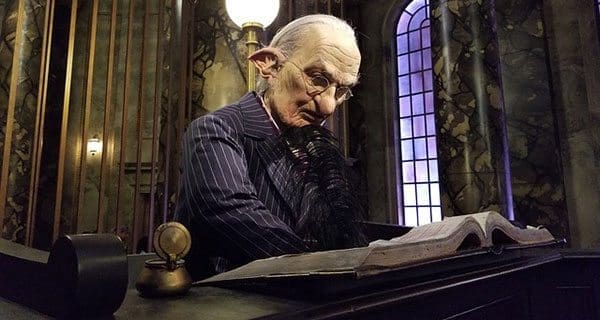 Some people think it’s the government that protects workers, through minimum wage laws and regulations that ensure workers get a decent living wage and good working conditions. But in reality, minimum wages and labour regulations don’t protect workers at all – they actually reduce the protection workers enjoy.
Some people think it’s the government that protects workers, through minimum wage laws and regulations that ensure workers get a decent living wage and good working conditions. But in reality, minimum wages and labour regulations don’t protect workers at all – they actually reduce the protection workers enjoy.
Take the case of a low-skilled worker whose maximum productive output is $12 per hour. His skills don’t allow him to contribute more than $12 hourly to an employer’s bottom line. In the absence of minimum wage legislation, will this worker be exploited?
Suppose a business attempts to exploit this worker by paying him only $8 hourly. In a competitive labour market where businesses must compete for workers, this is unsustainable. If the worker’s labour is worth $12 an hour, a competing business would find it profitable to lure him away from his current employer by offering a wage higher than $8 but not higher than $12.
This second employer might offer the worker $10 hourly. Then a third business would find it profitable to bid the wage up to $11 to gain his services and so on, until the worker is paid the value of his services.
So from where does the worker get his protection? Why are employers not, in the long run, able to exploit the worker by paying less than he’s worth?
The reason businesses find it difficult to exploit workers is because of competition among businesses. As Nobel Prize-winning economist Milton Friedman explained in a 1977 lecture, workers are protected by the employers “who would like to hire him but for whom he doesn’t work. The real protection that a worker gets is the existence of more than one possible employer.”
Friedman continued: “That’s what gives him freedom, that’s what enables him to get the full value of his services. It’s competition, it’s a free market in which you have a diversity of sources of employment, which provides the effective protection to the worker.”
Christina Romer, who was chair of the Council of Economic Advisers in the administration of former U.S. president Barack Obama, similarly wrote in a New York Times column that “basic economics shows that competition between employers for workers can be very effective at preventing businesses from misbehaving. … Robust competition is a powerful force helping to ensure that workers are paid what they contribute to their employers’ bottom lines.”
Returning to the case of the person whose labour is worth $12 an hour, imagine the government attempts to protect him by instituting a $14 minimum wage. The likely result will not be to increase his income, but rather to make it very difficult for him to find a job. If a worker can produce no more than $12 of value per hour, nobody can hire him at $14 except if they’re willing to lose $2 hourly.
Clearly, raising the minimum wage doesn’t protect low-skilled workers at all. Workers are protected by the existence of alternative employers they can turn to in the event that they’re paid unfairly or treated badly by their current employer. The more alternative employers a worker has, the greater his protection.
But what are the effects of the minimum wage?
As Friedman put it, “minimum wages have been the most important factor that have created a large class of people who have no possible employer.”
After all, if somebody’s maximum productive output is lower than the legislated minimum wage, no employer will want to hire that worker.
Matthew Lau is a research associate with the Frontier Centre for Public Policy.
The views, opinions and positions expressed by columnists and contributors are the author’s alone. They do not inherently or expressly reflect the views, opinions and/or positions of our publication.


